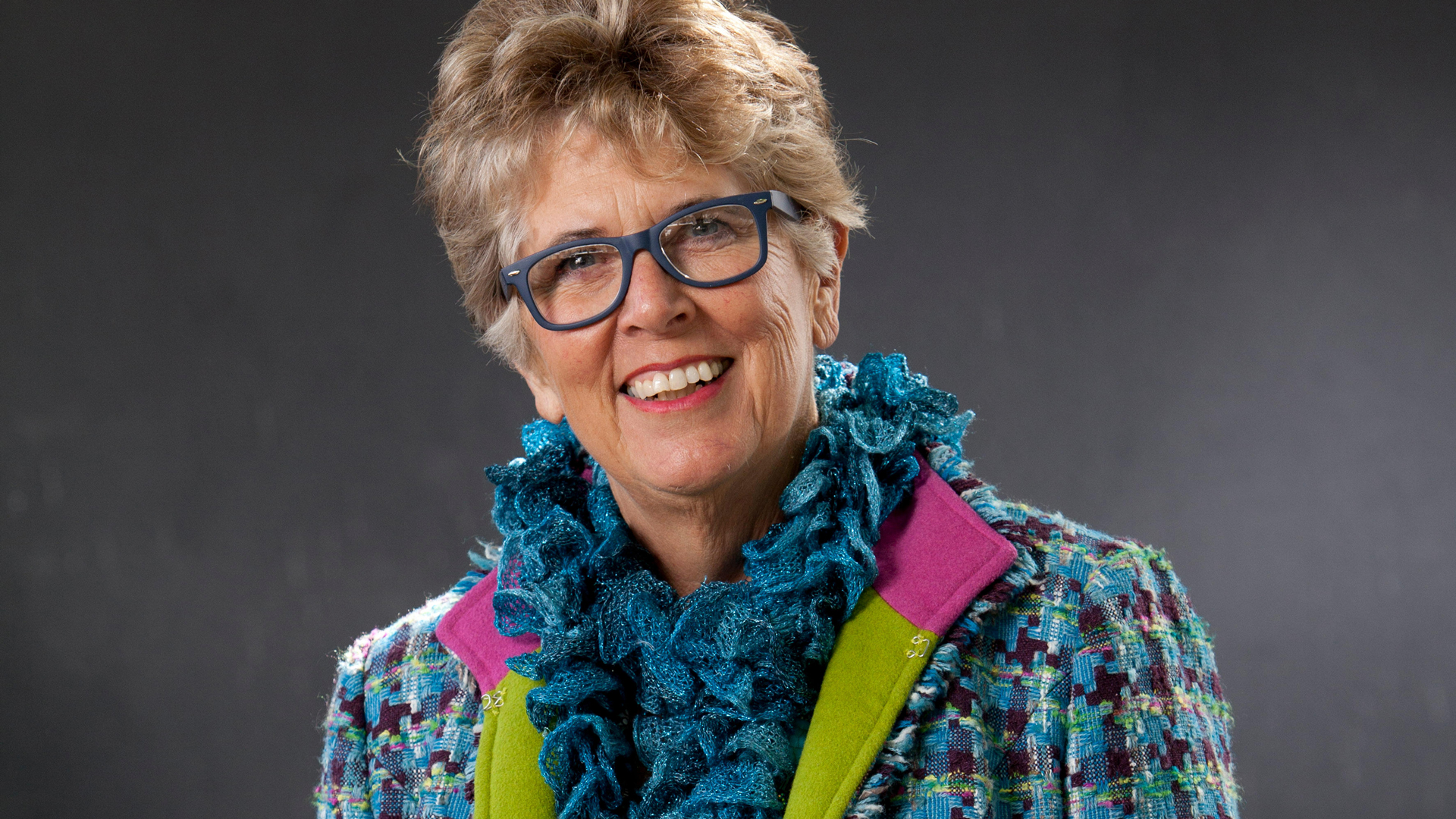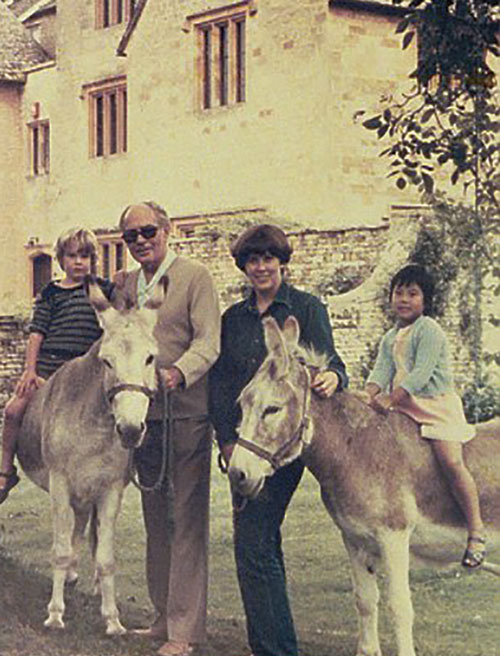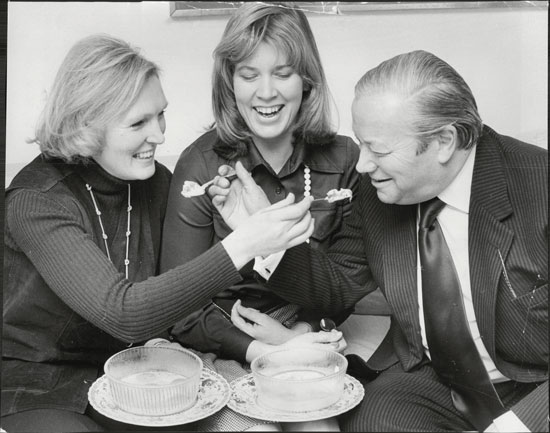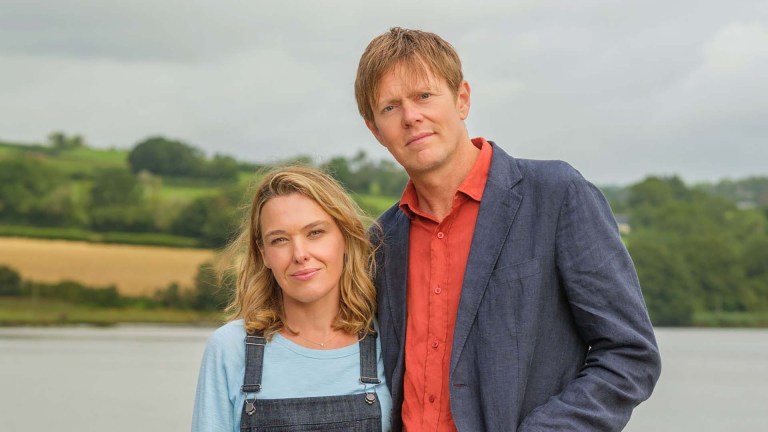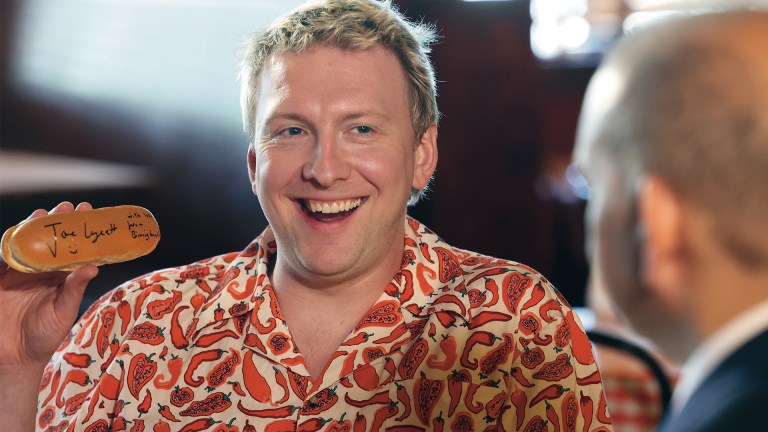At 16 I was at school in South Africa, just shifting my passion from horses to boys and parties. We lived in Johannesburg in what would seem now to be a very luxurious style. But in those post-colonial days it felt normal – all well-off white families in South Africa lived in nice big houses. I was the daughter between two brothers. My mother was an actress, my father was a businessman. We were a ridiculously happy family, all very close. We didn’t have a lot of outside friends, but we did a lot together as a family. I think we had an idyllic childhood. I would attribute all my success to being constantly encouraged as a child. No one treated me differently because I was a girl, I was just expected to do well.
More than 1,000 Big Issue vendors are out of work because of the second lockdown in England. They can’t sell the magazine and they can’t rely on the income they need.
The Big Issue is helping our vendors with supermarket vouchers and gift payments but we need your help to do that.
Please consider buying this week’s magazine from the online shop or take out a subscription to make sure we can continue to support our vendors over this difficult period. You can even link your subscription to your local vendor with our new online map.
My mother [actress Margaret ‘Peggy’ Inglis] was very glamorous and I resented that. I wanted a fat mum who came to the school fêtes and made cakes like all the other mothers. One day my headmistress told me she’d asked my mother to come to talk to the senior school about Shakespeare. I thought, oh God, I’ll die. I stood right at the back thinking it was going to be the most embarrassing day of my whole life. She was about 45 at the time, and she came on and played the 14-year-old Juliet in the balcony scene. Then she played the old nurse with the arthritic back. Then she played Hamlet. She was completely mesmerising. We were all just agog. I walked out of that hall being so proud, thinking, my mother’s an actress. Of course she can’t come to the school fête. She’s far too important. It completely changed the way I saw her.
I thought I was liberal but I had no idea what a non-segregated society was like until I came to Europe
Young white South Africans didn’t go into the townships. So all we saw were lovely servants like my wonderful nanny Emma, who I absolutely adored. I can still remember how great it was being held by her. She wore a white pinny with a lace collar and I can still remember the feeling of her collar against my cheek. My mother was very liberal though, she was a founding member of an anti-apartheid protest group, The Black Sash. I remember her coming home after standing on the town hall steps, her black coat covered in splodges after people threw eggs at her. She was trying to get black actors to be allowed to work alongside white actors in her theatre group. You couldn’t have black musicians on the stage. You couldn’t even cast a black man as Othello. Black people couldn’t come to the same performances as white ones. It was ridiculous.
